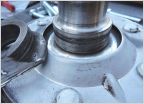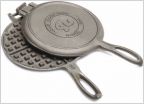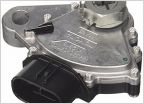-
Welcome to Tacoma World!
You are currently viewing as a guest! To get full-access, you need to register for a FREE account.
As a registered member, you’ll be able to:- Participate in all Tacoma discussion topics
- Communicate privately with other Tacoma owners from around the world
- Post your own photos in our Members Gallery
- Access all special features of the site
Battery Desulfator - Anyone use one?
Discussion in '2nd Gen. Tacomas (2005-2015)' started by Toy4me, Nov 25, 2017.


 BFG AT LT265/70/16 D rated tires
BFG AT LT265/70/16 D rated tires Help with wheel bearing!
Help with wheel bearing! Rear Wheel Bearing Part Number?
Rear Wheel Bearing Part Number? More juice out of bed plug
More juice out of bed plug Check engine fault light
Check engine fault light








































































